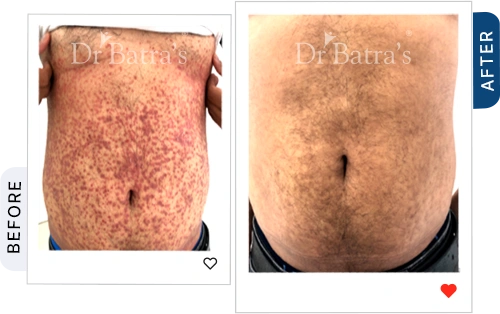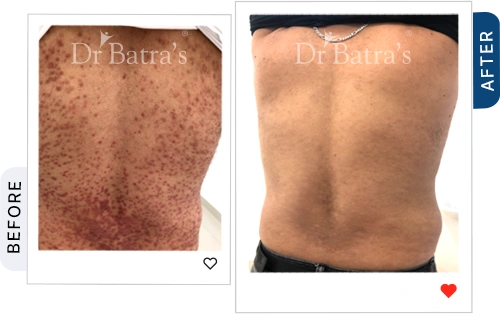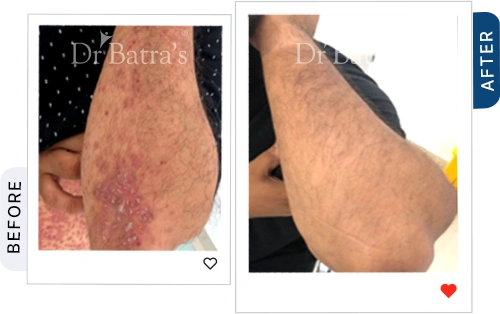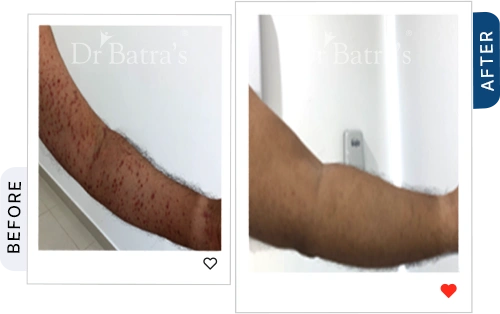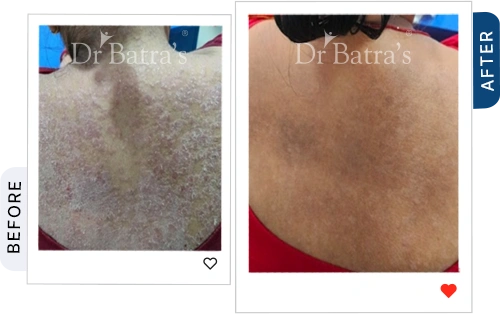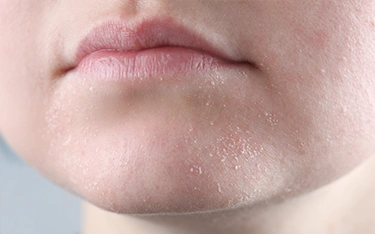FAQs
Does vitamin D help with psoriasis?
Yes, Vitamin D reduces skin cell overgrowth, inflammation, and flare-ups in psoriasis patients.
Which vitamin is best for psoriasis?
Vitamin D is the most beneficial, followed by Vitamin A, Omega-3, and Zinc.
Can I apply vitamin D directly to my skin?
Yes, topical Vitamin D creams (like Calcipotriol) help reduce plaque thickness.
What is the best vitamin D for scalp psoriasis?
Vitamin D3 (Cholecalciferol) supplements Topical Vitamin D creams for scalp application
How much vitamin D should I take for psoriasis?
600-800 IU/day (general recommendation) 1,000-4,000 IU/day (for deficiency, under doctor supervision)


